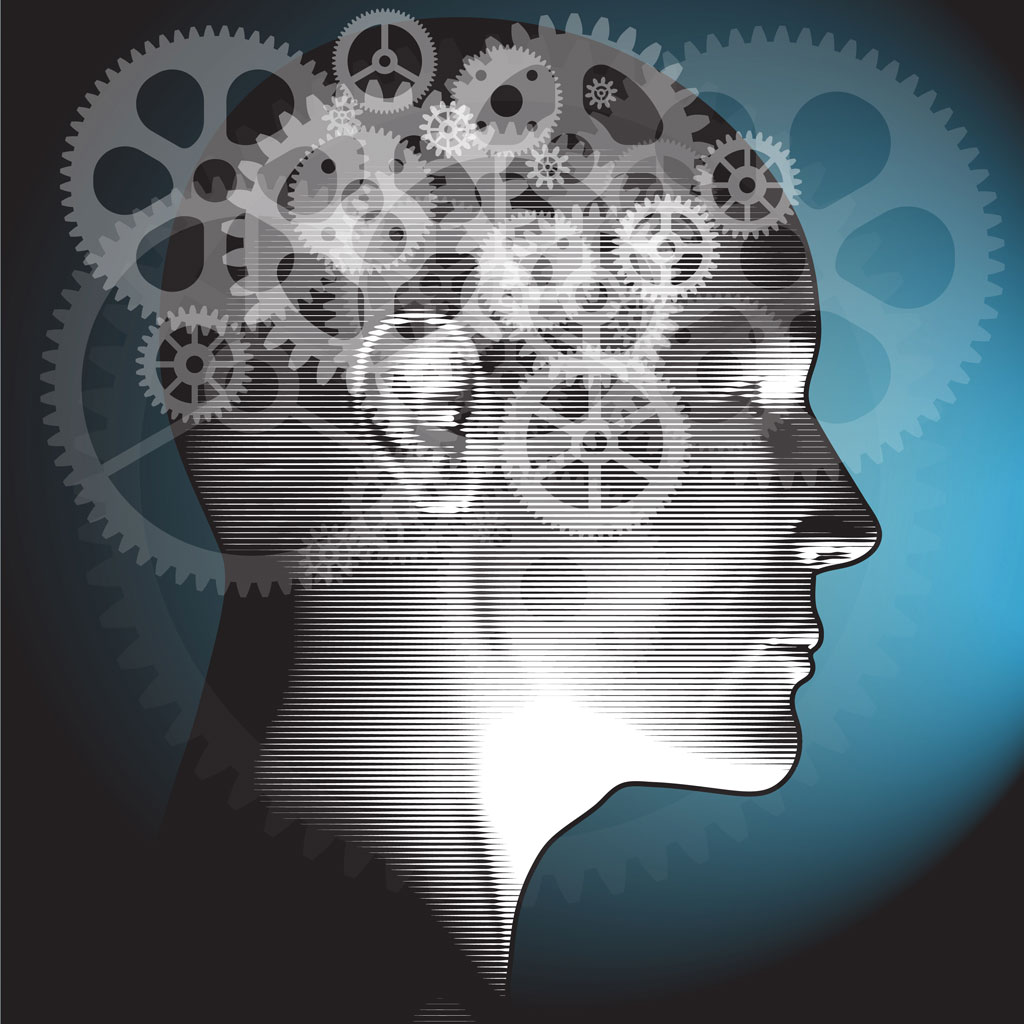
In the second article in the series, Dermot Feenan explores the approach of the professions to emotion in practice
It is sometimes thought that emotion should have no role in legal practice. Yet, scholars on law and emotion increasingly identify the latter’s place and importance for lawyers.
Emotions are also implicated in health, a matter of growing concern among professional bodies. The concept of emotion regulation has been advanced as a valuable tool for legal professionals. However, there is a complex relation between attending to emotion and professional practice; which calls for clearer understanding of emotions, how they enhance practice, and the relationship with recent health and well-being engagement by the principal professional bodies, the Bar Council and Law Society.
Emotion & law
Emotion is traditionally thought to be inimical to law’s reason, objectivity and neutrality. In this traditional view, emotion should be expunged from professionalism. Yet, psychologists show how emotion can be integrally related to cognition. It can support ethical reasoning, such as caring towards others. Emotions necessarily enter into legal practice. There is ample research evidence of grief, happiness, fear, anger, loneliness,









